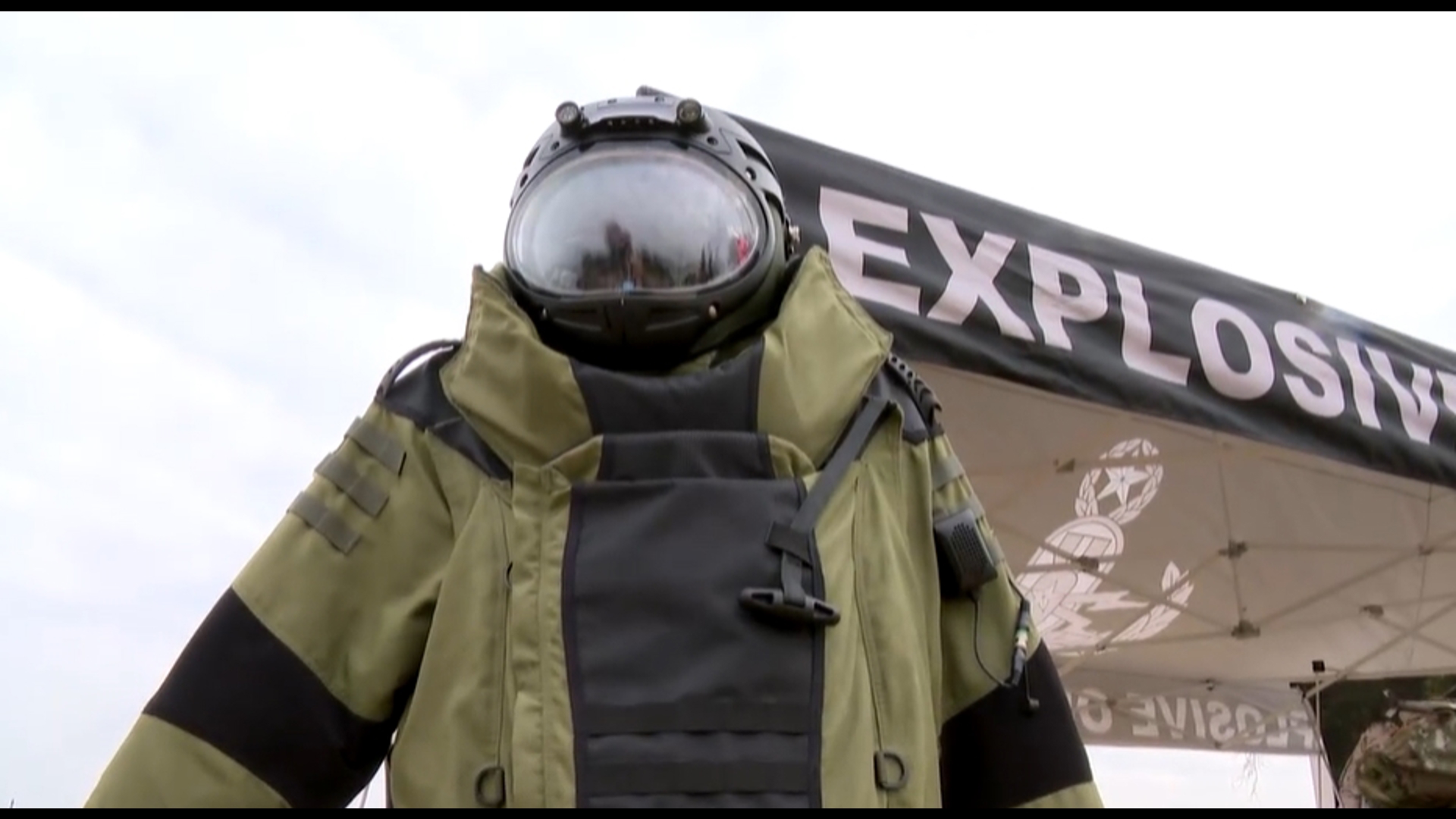WASHINGTON - Four people are dead, and more than a dozen people were shot over the violent Memorial Day weekend in the District of Columbia
The shootings spiked the city’s homicide count to 63, which is a nearly a 50 percent change from what the police department saw at this time last year.
With homicides on the rise so far in 2018, there is an existing program the city has had for years to help victims of violent crimes or their families.
It is called the Crime Victims Compensation Program, and it runs out of the D.C. Court System.
The program paid victims or their families for out-of-pocket expenses after they’ve been involved in violent crimes.
It covers anything from medical expenses to lost wages.
The program will also pay to clean up a crimes scene, and up to $6,000 for funerals.
A courts spokesperson told WUSA9 the program posts information on social media, shares it at events, and D.C. police are mandated by law to inform victims about the services.
There is a long list of requirements.
A person is eligible for compensation by the Crime Victims Compensation Program if...
1. The victim suffered personal injury (physical injury or emotional trauma) or death in the District of Columbia - or the victim is a resident of the District who has suffered personal injury as a result of a terrorist act or act of mass violence committed outside of the United States.
2. The crime was reported to law enforcement within seven days of occurrence. Exceptions: victims of sexual assault may satisfy reporting requirement by obtaining a sexual assault examination; victims of domestic violence may satisfy requirement by seeking a civil protection order; and the reporting requirement is met by victims of child cruelty if a neglect petition is filed in the DC Superior Court.
3. Application for compensation is filed within one year after the crime - or within one year of learning about the program, if adequately showing that the delay was reasonable.
4. The victim cooperates with reasonable law enforcement requests to apprehend the offender.
5. The victim did not participate in, consented to, or provoked the crime that caused his or her injury.
6. The award of compensation does not unjustly enrich the offender.
Money for the program comes from court fines, fees, and a grant from the Department of Justice.
Last year, victims or their families received nearly $6.9-million dollars which is less than the money given in the four previous years.
While some people were happy to learn about the program, others want to see something done before families need it.
“You can pay for a funeral. You can pay for insurance or whatever you’re paying for, but you can’t pay to keep people alive. You have to learn to keep people alive,” Rosetta said.
If you want to learn more about this program, get an application, or see if someone in your family is eligible for this money, CLICK HERE.



